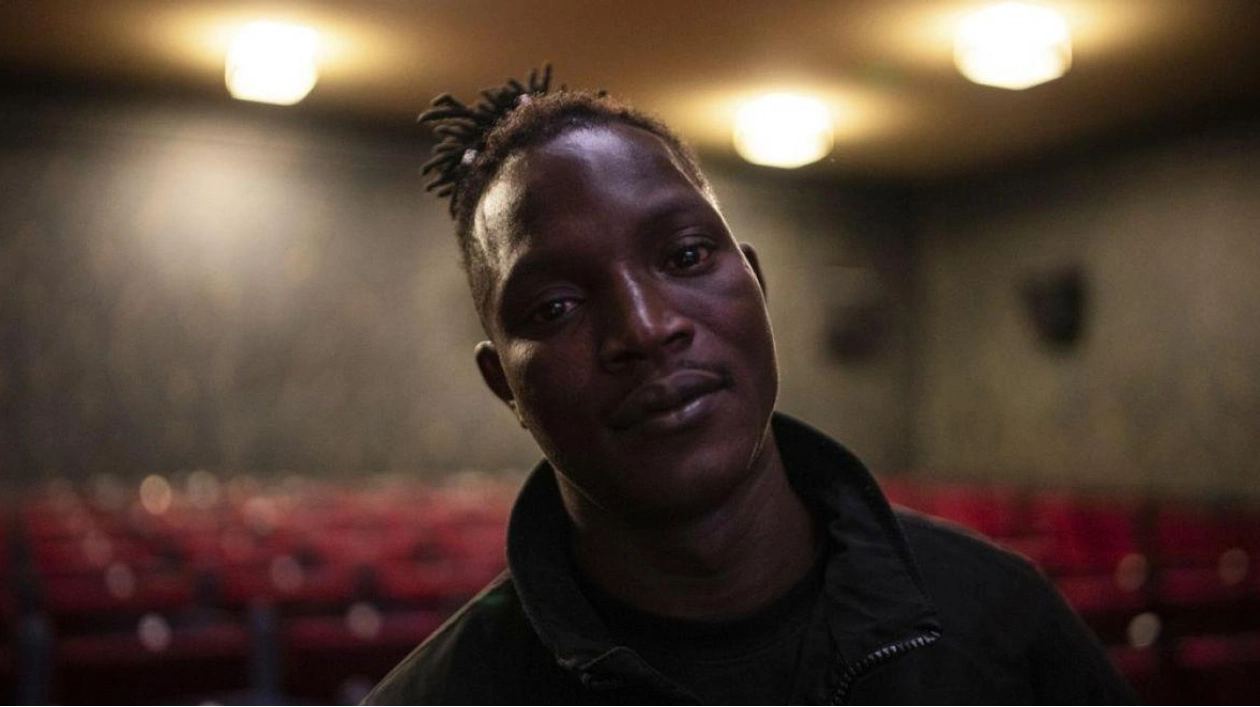Over the past week, walking through French towns and cities, it would have been difficult not to notice Abou Sangaré, whose face was prominently displayed at street corners, bus stops, metro stations, and in newspapers. The 23-year-old Guinean immigrant stars in the leading role of Souleymane’s Story, a highly acclaimed film currently showing in French cinemas. The film has garnered two awards at the Cannes Film Festival, including Sangaré winning Best Actor in the “Un Certain Regard” category.
In the movie, Sangaré plays a young asylum seeker working as a delivery man in Paris, preparing to apply for legal status in France. This storyline deeply resonates with Sangaré's own life; much like his character, he is appealing to French officials to grant him residency and halt their efforts to deport him.
The success of Souleymane’s Story comes at a critical time in France, where the new government is adopting a stricter stance on irregular migration, aiming to make it harder for immigrants without permanent legal status to stay and easier to deport them. “When I see Souleymane at the French Office for the Protection of Refugees and Stateless Persons, I can relate because I know what it’s like to wait for your papers in France, the stress, the anxiety,” Sangaré told The Associated Press.
Sangaré’s journey to France began when he left Guinea at 15 in 2016 to support his ailing mother. His path led him through Algeria and Libya, where he was imprisoned after a failed attempt to cross the Mediterranean. He eventually reached France in May 2017. Despite being denied recognition as a minor, Sangaré persisted, enrolling in high school and training as a car mechanic, a highly sought-after skill in France. Recently, he secured a full-time position at a workshop in Amiens, where he has lived for the past seven years.
However, until the French press reported on Friday that Sangaré had finally received a six-month temporary visa, he was unable to accept the job due to his illegal status. His agent stated that Sangaré is “relieved” but aware that his immigration ordeal is far from over. Previously, Sangaré had unsuccessfully applied for papers three times and lived under a deportation order, a cycle that seemed destined to repeat without permanent papers.
Critics argue that deportation orders have been increasingly used by successive governments. Serge Slama, a professor in public law at the University of Grenoble, noted that France leads Europe in producing expulsion procedures, with over 130,000 orders in 2023. Slama believes these orders are “highly inefficient” as many cannot be executed for legal reasons.
Interior Minister Bruno Retailleau, appointed in France’s new conservative and centrist government last month, aims to increase the detention of immigrants lacking permanent legal status and make France “less attractive” by reducing social benefits for them. Mathilde Buffière, who works with immigrants in detention centers, observes that officials are spending less time reviewing residency applications before detaining individuals.
For Abou Sangaré, last year marked a turning point when he met filmmaker Boris Lojkine. After several auditions, Sangaré landed the lead role in Souleymane’s Story. More importantly, emails from government officials after Cannes invited Sangaré to renew his residency application. While French authorities confirmed the deportation order remains in force, they are reexamining his case due to his efforts to integrate.
“I think the film did that,” Sangaré told the AP. “You need a residency permit to change your life here. My life will change the day I have my papers.”






